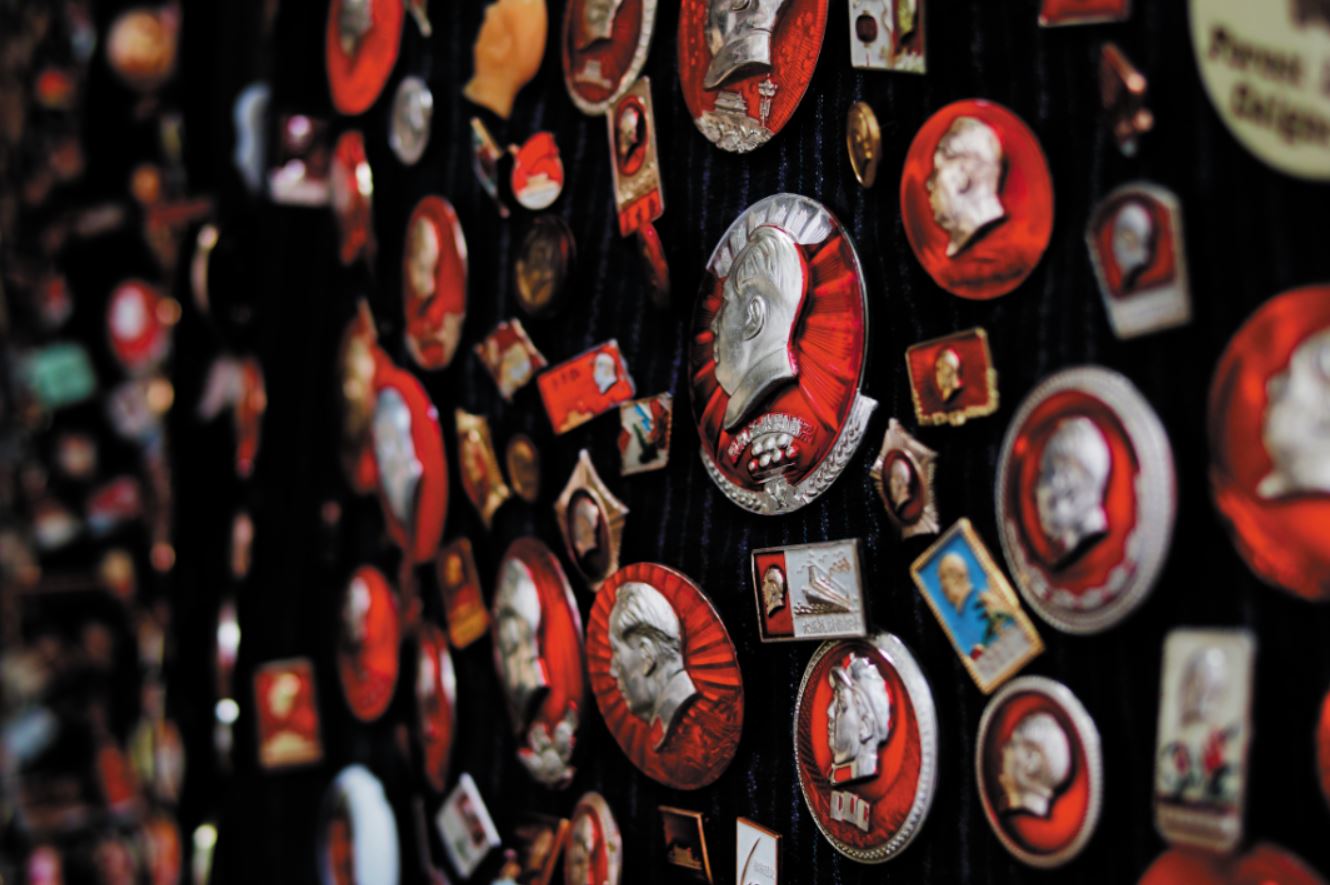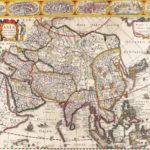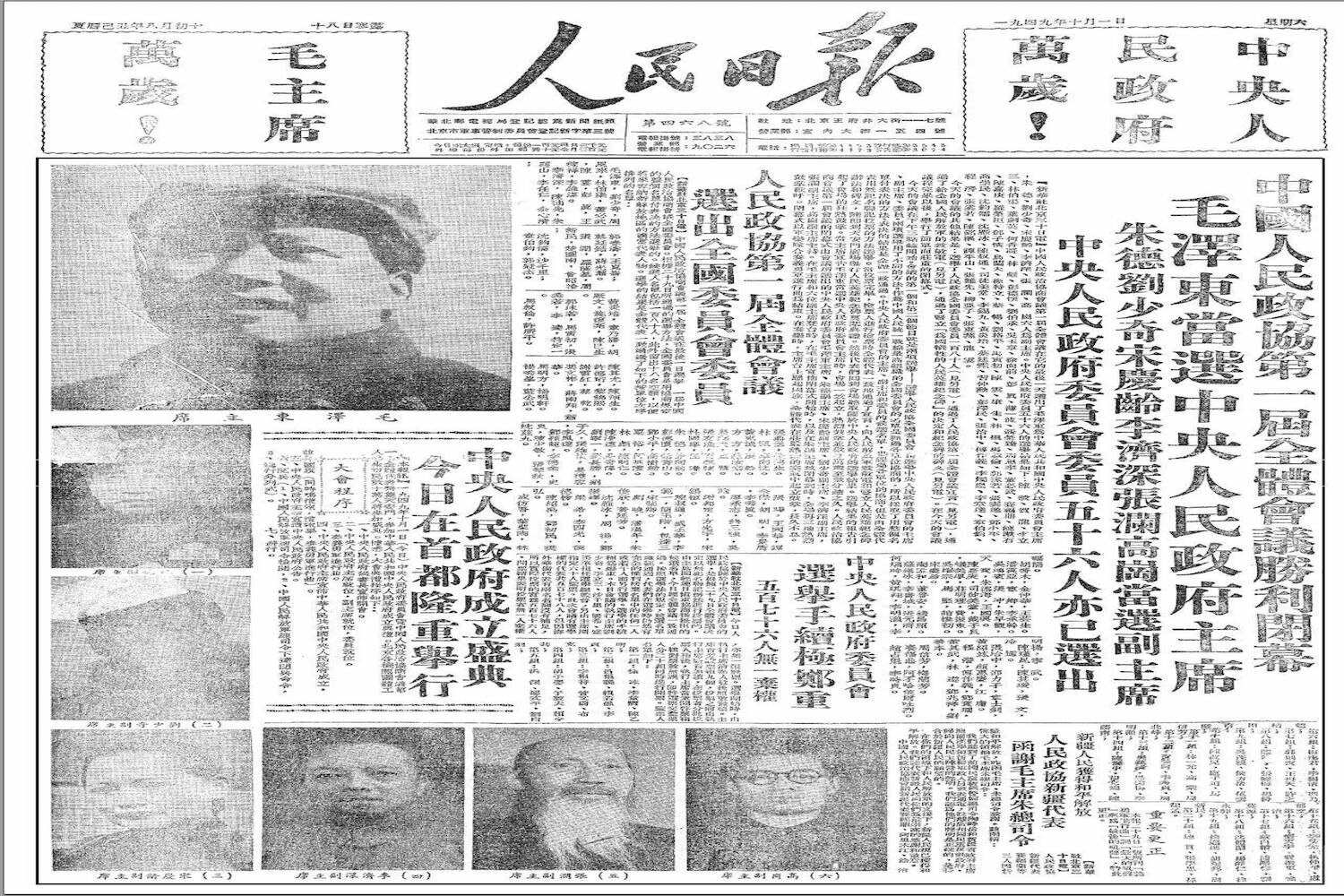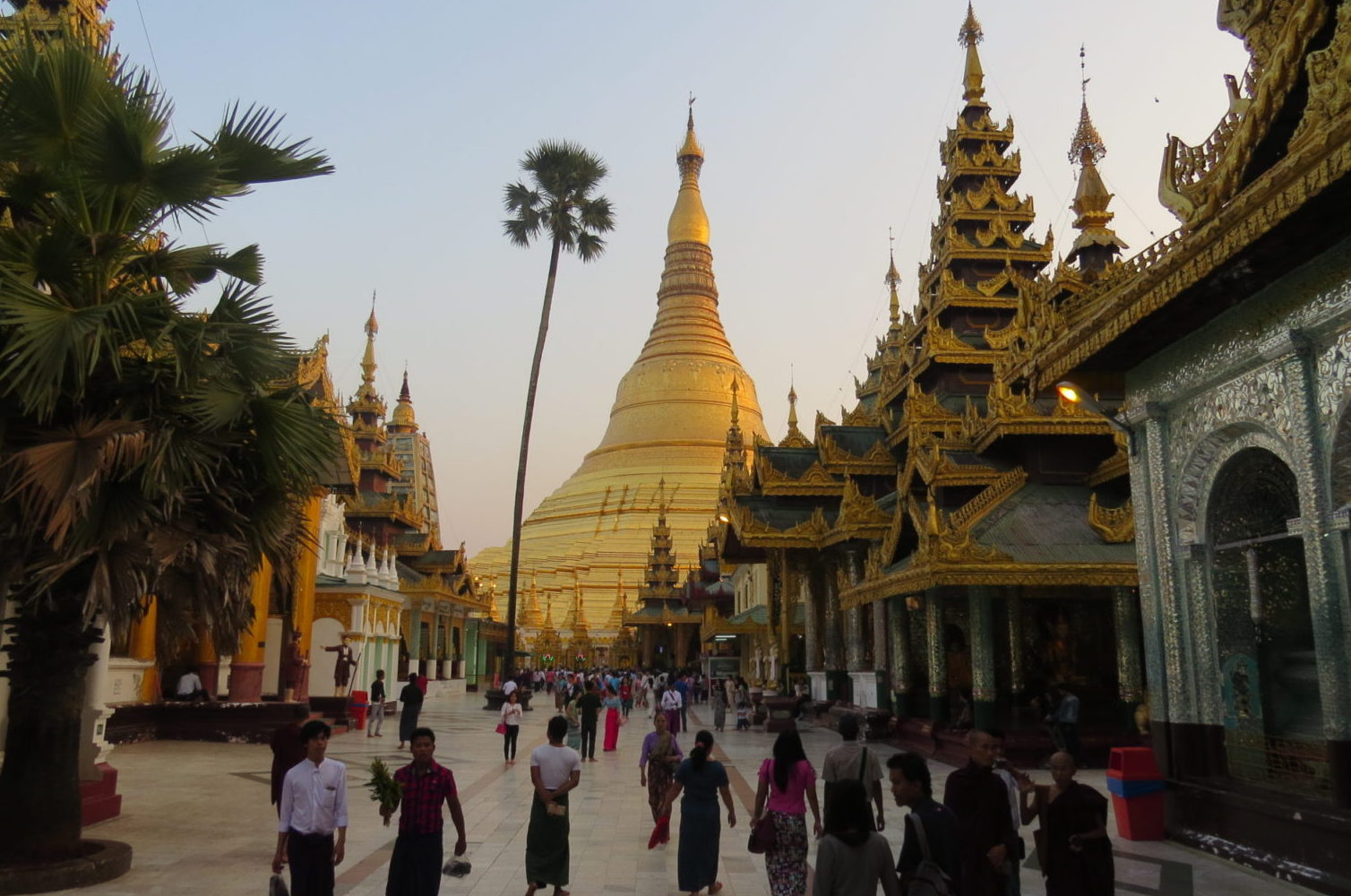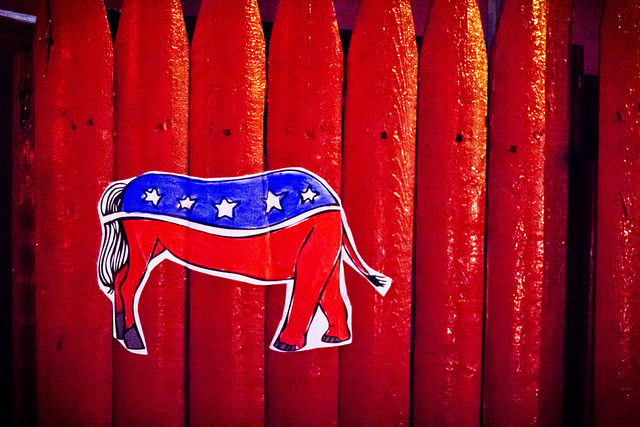Friday the 13th of May 2016 was a bad day for Ling Jihua. The former top aide to Hu Jintao was charged with “taking bribes, illegally obtaining state secrets and abuse of power” according to Xinhua, an official Chinese state media agency. Ling is the latest top official to be targeted by Xi Jinping’s anti-corruption campaign. Since he came to power in 2012, President Xi is cleaning up the image of the Chinese Communist Party (CCP) and getting rid of political opponents along the way; a common criticism is that Xi has not gone after other princelings, the descendants of influential officials within the CCP. It is the first time that Xi has decided to purge someone so close to his immediate predecessor. In the past Xi has gone after Bo Xilai and Zhou Yongkang, top cadres linked to Jiang Zemin, the president before Hu.
Disposing of top cadres creates an awkward situation for the CCP. If local officials within the political system are corrupt, then the center can easily maintain legitimacy by distancing itself from those local cadres. The narrative is that the leadership in Beijing is strong and just, but there are bad apples among the local officials. When one of those bad apples is within the highest ranks of the party how does the CCP explain how an unsavory element has made it so far up? The party has a history of purging top leaders and it has always been a messy political affair.
One of the first high level purges happened in the early 1950s. The People’s Republic of China was proclaimed in 1949 and Gao Gang was a top cadre in Beijing. In 1953, Gao attempted to gain more power by challenging Liu Shaoqi, at the time the second in command after Mao Zedong. Gao somehow thought he had the support of Mao and in order to displace Liu he started to look for allies, so he approached Chen Yun and Deng Xiaoping. Instead of supporting Gao they informed Zhou Enlai and Mao Zedong of Gao’s scheming, which cost him his party membership. Mao did not want party infighting and so decided to use hard measures to curb any future disturbances in the leadership. In 1954 Gao could no longer endure the criticism and pressure from the party leadership and committed suicide by poisoning himself. There was no trial or legal process that led to this conclusion.
Another noteworthy example is the televised trial of Jiang Qing, Mao’s fourth wife and a top cadre tasked with enforcing the Cultural Revolution. Jiang Qing went on trial in 1976 for the excesses of the Cultural Revolution, but this was also a convenient way for Deng Xiaoping who had taken over the CCP leadership after Mao’s death that year to get rid of one of his rivals. The decision to televise the trial was a way for Deng to not only mark the end of a dark chapter in Chinese history but also show his political dominance. There are some parallels with another trial that was publicized widely, that of Bo Xilai in 2013.
Bo Xilai was a rising star in Chinese politics. He was a princeling with a great track record of being hard on organized crime and corruption and using revolutionary songs to gain popularity. In November 2011, Neil Heywood a British businessman with connections to the Bo family was found dead in a hotel room in Chongqing, where Bo was Party Secretary. Bo’s wife, Gu Kailai was later found guilty of the murder of Heywood. Bo was stripped of all his party posts, arrested and held in custody. The fact that Bo was popular and ambitious scared the top leadership. Bo was in direct competition with Xi Jinping who was chosen to be the General Secretary for the next ten years. The Chongqing Party Secretary was not to disturb the transition of power in 2012. In August the following year, Bo stood trial after being accused of bribery, embezzlement and abuse of power and received a prison sentence for life. During the trial he pleaded not guilty.
Due to a lack of checks and balances on power, corruption is prevalent within the party, so the Commission for Discipline Inspection can easily find a reason to investigate anyone. Not only is there pressure from other party members to keep up with their riches, but also in the lower levels of government, from citizens who bring gifts and with them the pressure to accept them. Richard McGregor, author of The Party, writes of an official who did not want to accept any gifts from the locals who lined up at his house every evening. When the official tried to stay clean, he lost popularity and trust among the citizens. Being both a successful as well as a clean top-level politician is almost impossible in China. As a result, the party can always find some reason, either the acceptance of a bribe or the sharing of a document, to legitimize a purge even when the real reason is political.
Ling Jihua was spared during the beginning of the anti-graft campaign while Xi Jinping needed the support of Ling’s Communist Youth League faction to oust bigger players like Bo and Zhou Yongkang. But now Xi wants to limit the power of the Youth League, which is a common springboard for ambitious and promising young cadres without the connections that the princeling class enjoys. Other top officials who have made their way to the top via the Youth League are expected to be passed over for top positions during the next Party Congress in 2017. Ling will face trial in Tianjin later this year and there is little speculation about whether he will be found guilty or not. As one biographer of Jiang Qing writes, “at communist trials, the accused is always guilty.” The party is always right, and a good party member does not resist the party’s accusations.
By Laurens Bistervels
- NOVAsia Is Hiring: Call For Applications and Contributors for Spring 2025! - February 26, 2025
- NOVAsia Is Hiring: Call For Applications and Contributors for Fall 2024! - August 20, 2024
- NOVAsia Is Hiring: Call For Applications and Contributors! - February 19, 2024

